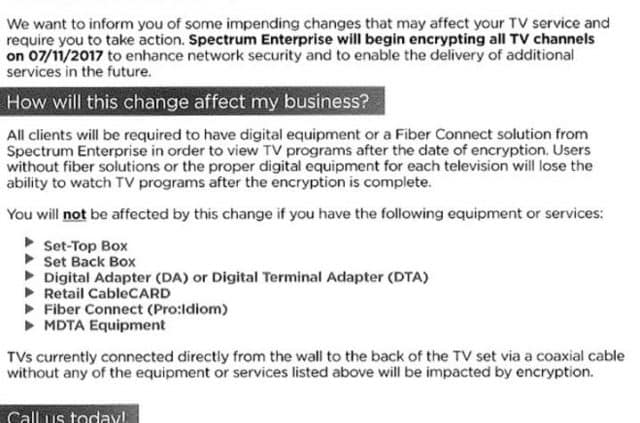In a filing last week with the U.S. Securities and Exchange Commission, blogger Robert Feder uncovered the golden parachutes awaiting Tribune’s three most senior executives:
- Edward Lazarus, executive vice president and general counsel: $9,681,435
- Chandler Bigelow, executive vice president and chief financial officer: $9,248,157
- Larry Wert, president broadcast media: $7,760,566
The FCC under Chairman Ajit Pai has already signaled its willingness to allow the largest television station owner in the country to grow even larger after relaxing station ownership rules put in place to maintain diversity in the media. Sinclair is among the most closely politically connected media companies in the country, on friendly terms with the Trump Administration. There appears to be little objection among Republican regulators to approve the transaction, accepting Sinclair’s argument that the deal will be good news for shareholders and allow its stations to benefit from “increased operational efficiencies” such as sharing newsrooms, producing “local” news stories at its corporate headquarters in Maryland, and reducing staff.
“For a company as notoriously cheap as Sinclair, ‘increasing its operational efficiencies’ is simply another way of saying mass firings,” wrote Feder. “According to the SEC filing this week, Sinclair expects to realize $266 million of synergies — presumably through layoffs and other cutbacks.”
“Sinclair’s business model is going into a market, buying multiple stations, moving them all to one facility, and firing three-quarters of the staff to get as much work with the fewest employees,” one union official told Media Matters.
“Our employees are very nervous about the situation,” said another. “It is a combination of political influence and that Sinclair is extremely anti-union in dealing with its employees. What is it going to mean?”
Feder says the responsibility for Tribune’s failure to succeed lands squarely in the top suites of the executive offices, ironically the same management team about to be handsomely rewarded for destroying a Chicago media institution:
“Regardless of when it began, there’s no doubt the wreckage culminated with the company’s current board and leadership. With singleminded determination they cashed out everything they could — from the company’s Gothic masterpiece Tribune Tower headquarters, to its forward-looking digital and data business Gracenote, to the very land under its television stations. The biggest shareholders on the board reaped millions in short-term profits while company execs enriched themselves with extravagant payouts.
“All of which led up to the ultimate sell-out to some outfit from Baltimore you never heard of. Keep that in mind when Sinclair starts handing out pink slips to the working men and women who made WGN and Tribune Media the company it was.”


 Subscribe
Subscribe








